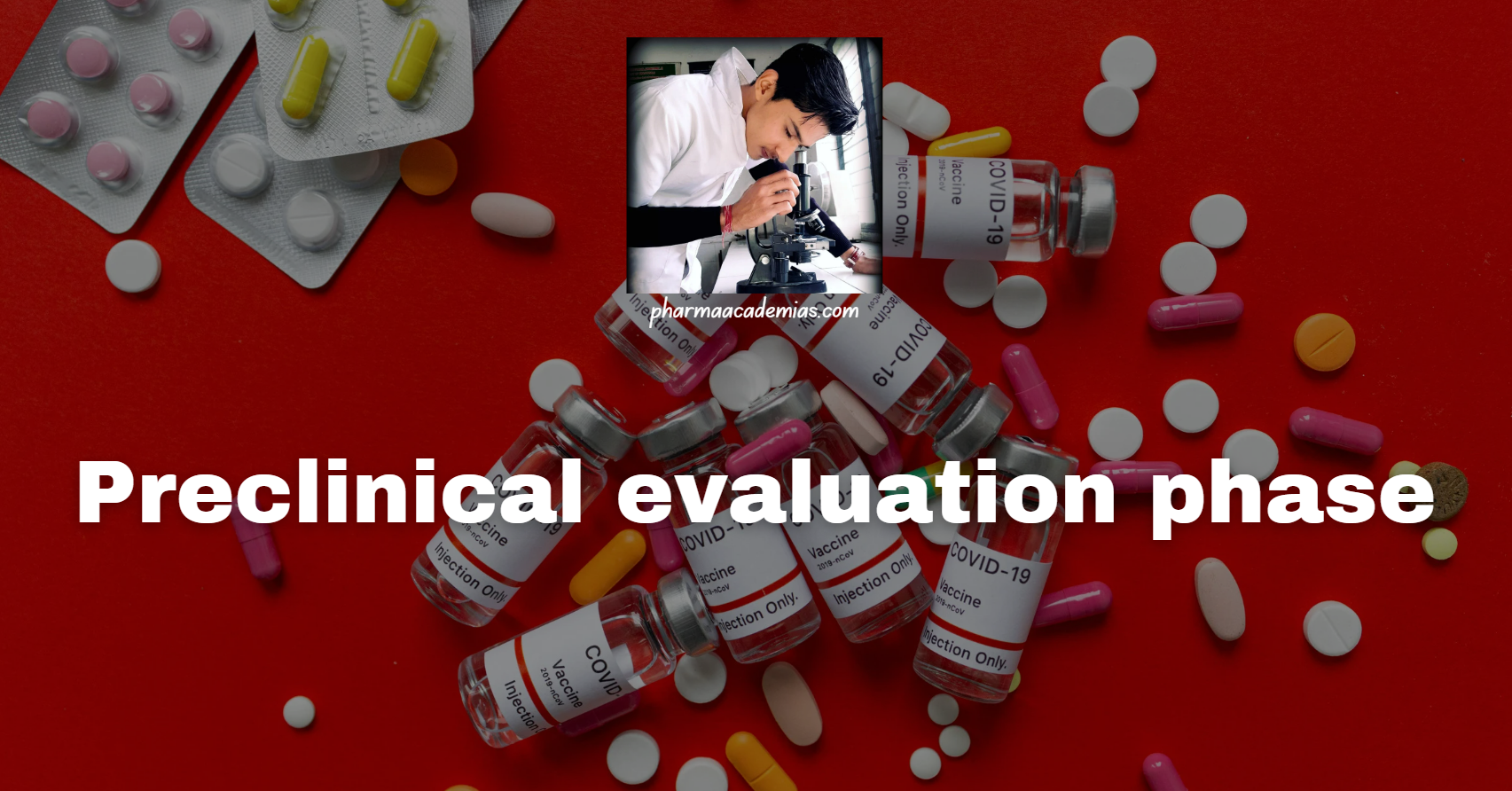The preclinical evaluation phase is a critical stage in drug development that occurs before testing in human subjects. It involves a comprehensive assessment of the safety, pharmacokinetics, pharmacodynamics, and toxicology of a potential drug candidate using in vitro and in vivo models. Here’s a detailed note on the preclinical evaluation phase:
1. Study Design and Planning
– Protocol Development: Detailed study protocols are designed, outlining the objectives, methodologies, endpoints, and statistical analyses for each preclinical study.
– Regulatory Compliance: Studies are designed in accordance with regulatory guidelines (e.g., FDA, EMA, ICH) to ensure data quality and ethical conduct.
2. In vitro Studies
– Cell Culture Assays: Assess the biochemical and cellular effects of the drug candidate on relevant cell lines.
– Receptor Binding Assays: Determine the drug’s affinity and selectivity for target receptors.
– Enzyme Inhibition Assays: Evaluate the drug’s ability to modulate enzymatic activity.
– Metabolic Stability Studies: Assess the drug’s stability and potential for metabolism in various biological systems.
3. In vivo Studies
– Pharmacokinetics (PK):
– Absorption: Evaluate the drug’s bioavailability and absorption characteristics after oral, intravenous, or other routes of administration.
– Distribution: Determine the drug’s distribution in various tissues and organs.
– Metabolism: Assess the drug’s metabolism and identify potential metabolites.
– Excretion: Measure the elimination kinetics and routes of excretion.
– Pharmacodynamics (PD):
– Efficacy: Assess the drug’s therapeutic effects in relevant animal models of disease.
– Dose-Response Relationships: Determine the relationship between drug dose and biological response.
– Toxicology:
– Acute Toxicity Studies: Evaluate the drug’s safety profile following single or short-term administration.
– Subchronic and Chronic Toxicity Studies: Assess the drug’s safety over prolonged exposure periods.
– Genotoxicity Studies: Investigate the drug’s potential to cause DNA damage or mutations.
– Carcinogenicity Studies: Assess the drug’s potential to induce cancer.
– Reproductive Toxicity Studies: Evaluate the drug’s effects on fertility, embryo-fetal development, and reproductive organs.
– Safety Pharmacology Studies: Assess the drug’s effects on vital physiological systems such as cardiovascular, respiratory, and central nervous systems.
4. Data Analysis and Interpretation
– Statistical Analysis: Data from preclinical studies are analyzed using appropriate statistical methods to determine significance and variability.
– Risk Assessment: Evaluate the safety margins between effective and toxic doses to assess the drug’s therapeutic index.
– Integrated Summary Reports: Summarize the findings of preclinical studies, including PK/PD data, toxicology profiles, and proposed dosing regimens.
5. Regulatory Submissions
– Investigational New Drug (IND) Application: Compile preclinical data for submission to regulatory agencies to support the initiation of clinical trials.
– Scientific Advice Meetings: Seek guidance from regulatory authorities on preclinical data requirements and study designs.
6. Ethical Considerations
– Animal Welfare: Ensure preclinical studies are conducted in accordance with ethical standards and minimize animal suffering.
– 3Rs Principle (Replacement, Reduction, Refinement): Employ strategies to minimize the use of animals, reduce the number of animals required, and refine study protocols to enhance animal welfare.
7. Continual Assessment and Iterative Process
– Data Review and Iteration: Preclinical data are continuously reviewed and analyzed to identify any potential safety concerns or areas for optimization.
– Iterative Testing: Additional preclinical studies may be conducted based on initial findings to further characterize the drug’s safety and efficacy profile.


 Join Our Telegram Channel
Join Our Telegram Channel